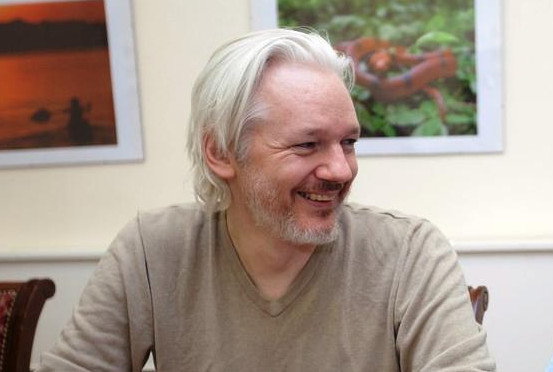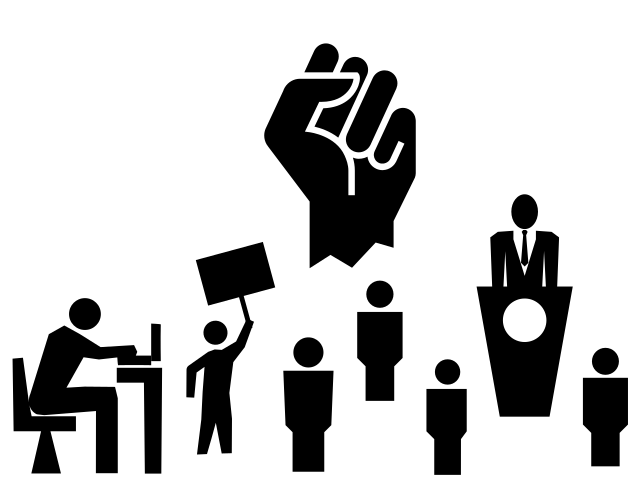
The Wau-Holland-Stiftung (WHS, Germany) and the Inštitút ľudských práv - Human Rights Institute (HRI, Slovakia) agreed to join forces for the legal defense and freedom of the journalist and publisher Julian Assange.
The case of Julian Assange has a special resonance in Slovakia. Assange received the “EU Journalism Award” just as the murdered Slovak investigative journalist Ján Kuciak. Kuciaks case sent a shockwave through Slovak society, inspired mass protests and ultimately toppled the Slovak government in 2018. Both journalists received the award because they “have been intimidated and/or persecuted for uncovering the truth and exposing it to the public”. HRI has been actively working on the Julian Assange case since 2012 and will enhance and extend its public advocacy, campaigning and lobbying activities in the country. The effort is funded by WHS from its donations received for the legal defense and freedom of Julian Assange.
The campaigns of the Inštitút ľudských práv - Human Rights Institute will add to the international pressure on the British government to honor its human rights and press freedom commitments and to refuse the extradition of Julian Assange to the United States. HRI will also provide material about the history, context and up to date developments in the Julian Assange case to Slovak journalists and the general public. It will further advocate the human rights implications of the case to Slovak politicians, especially to members of the European parliament.
Inštitút ľudských práv - Human Rights Institute was founded in 2011 and is a charitable organization in Slovakia. The aim of the organization is to promote equal access to all human rights for everyone through campaigning, public advocacy and informal education.
Wau-Holland-Stiftung is a charitable organization in Germany founded in 2003. The foundation furthers the ideas of Wau Holland (co-founder of the Chaos Computer Club) in the fields of “freedom of information” and “informational self-determination”.
